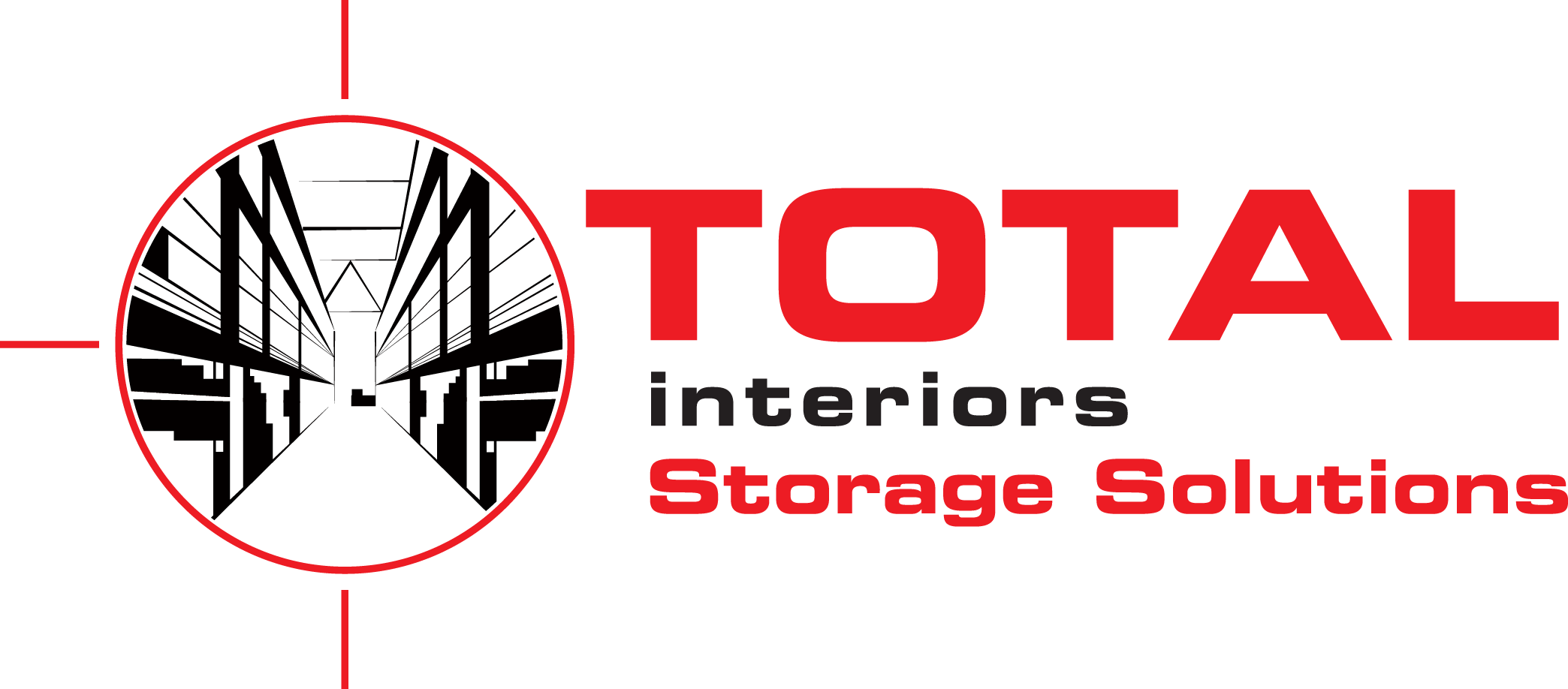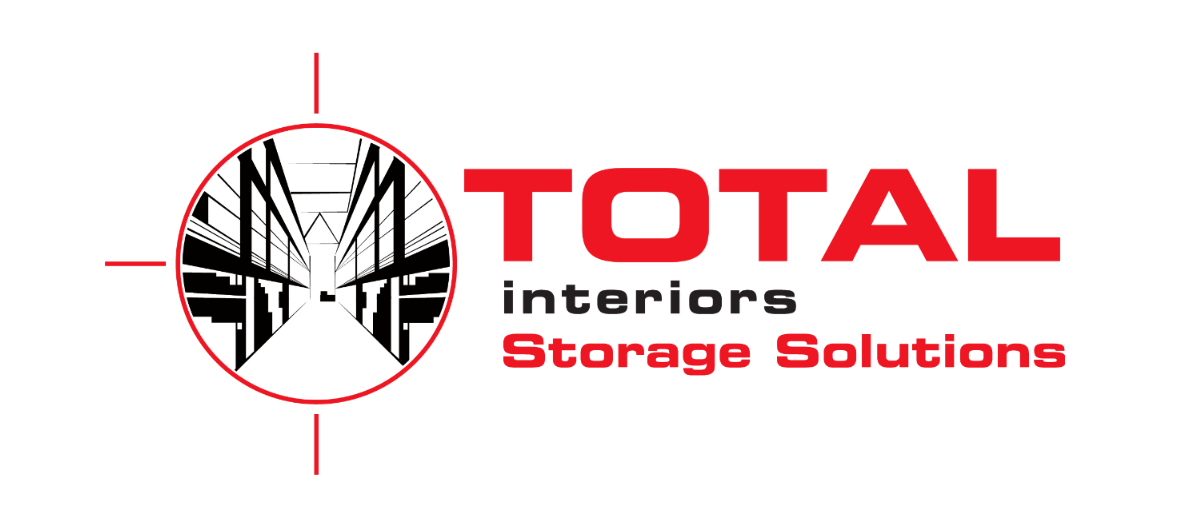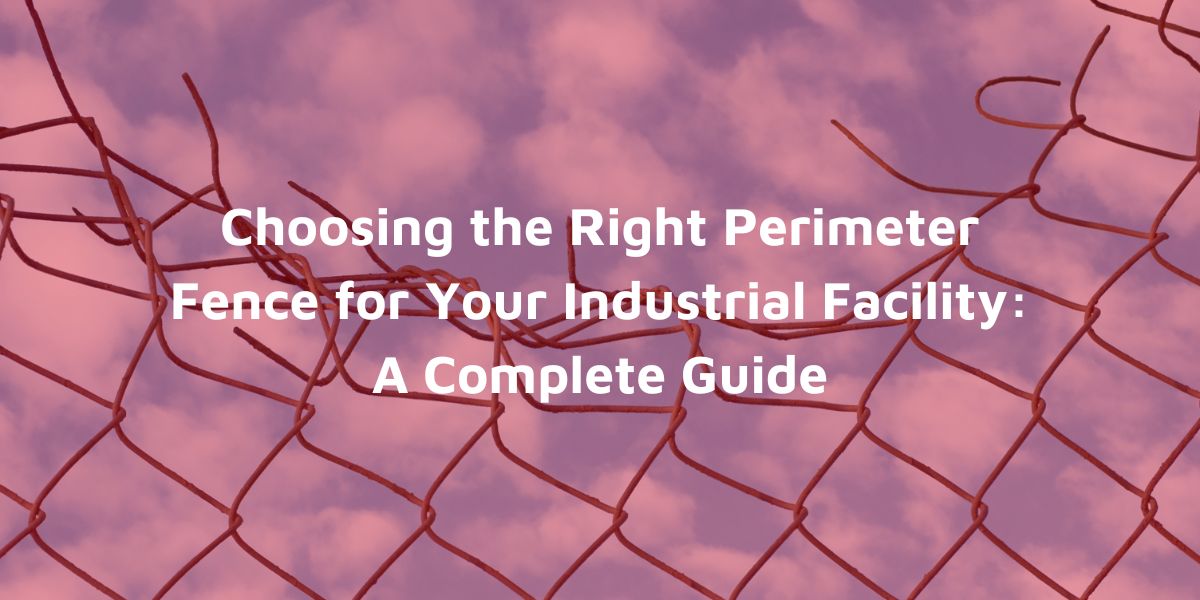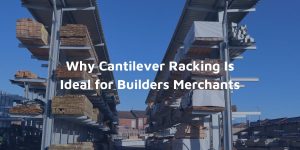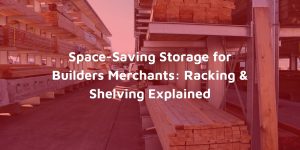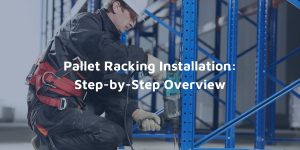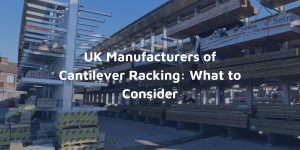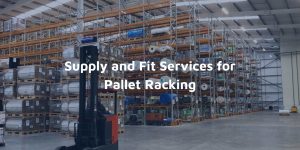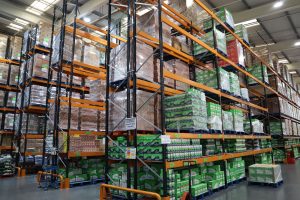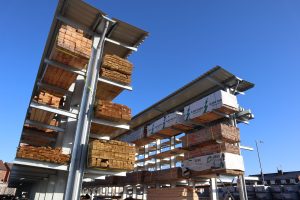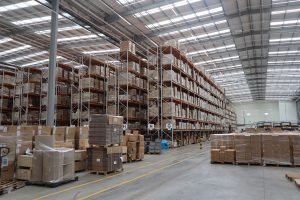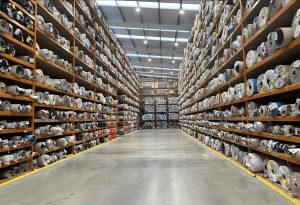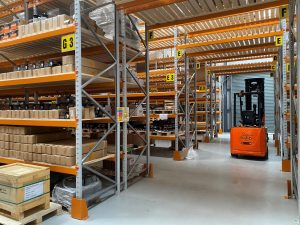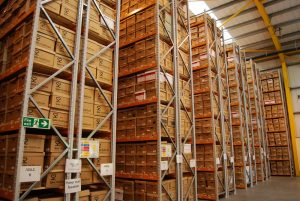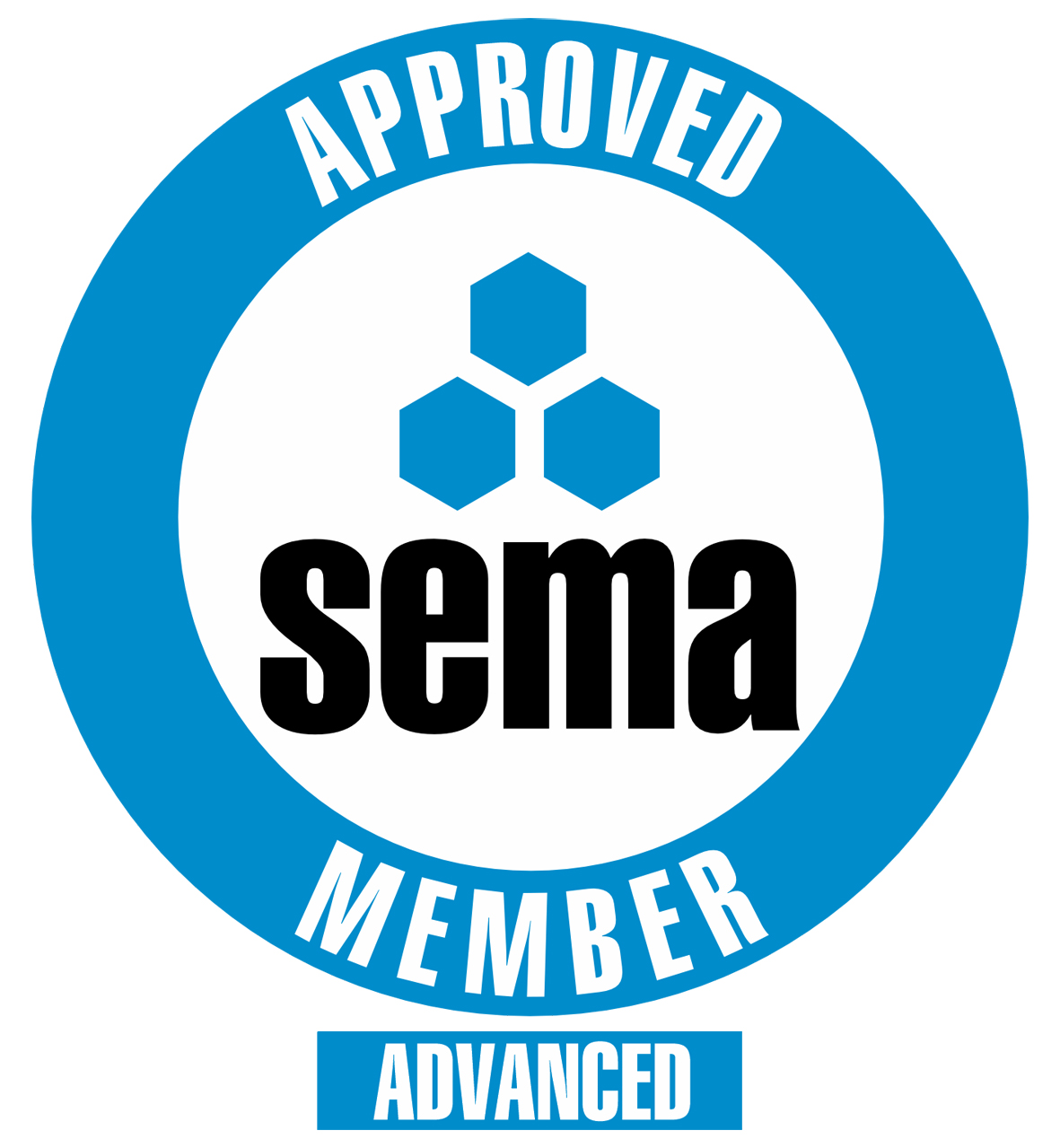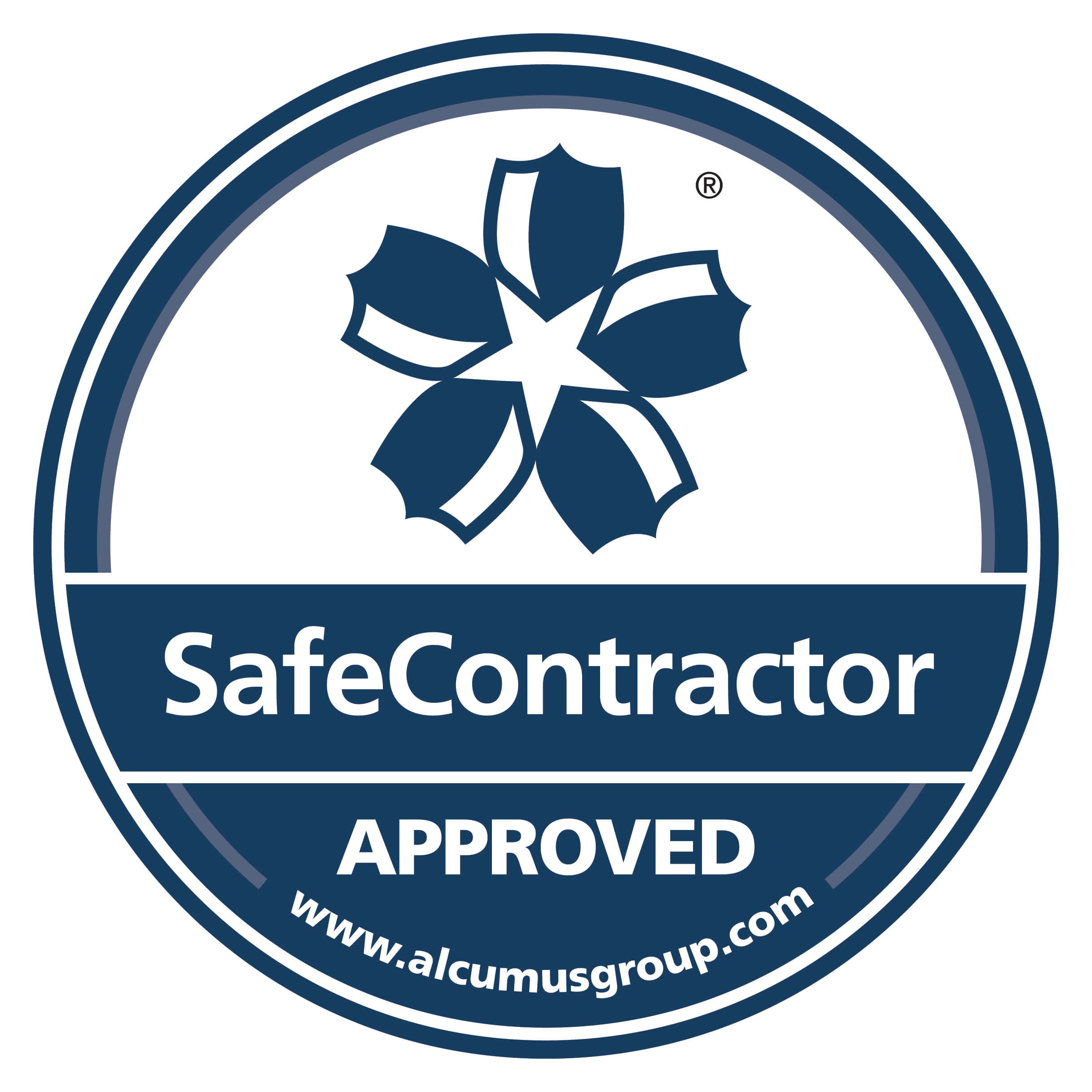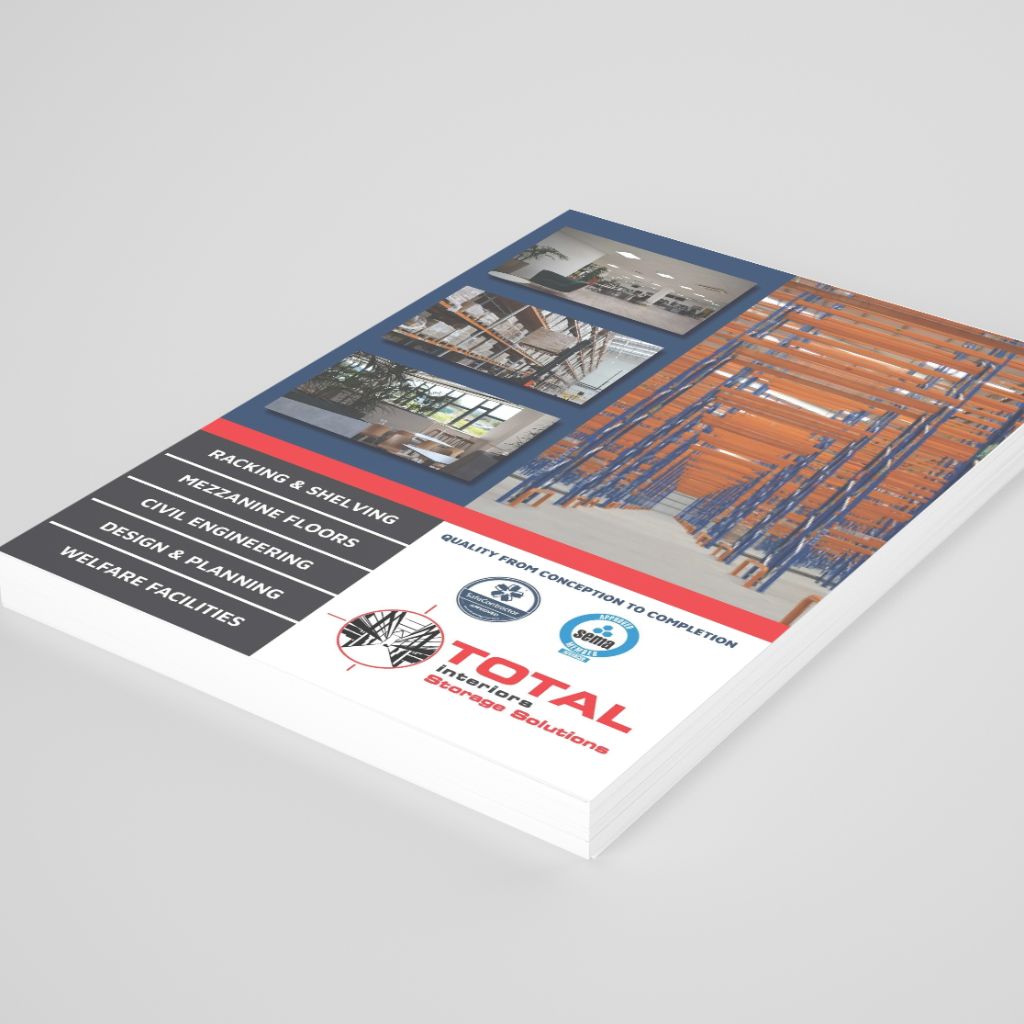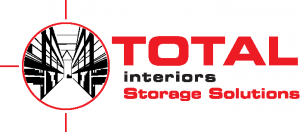Introduction
When it comes to securing industrial facilities and warehouses, a robust perimeter fence isn’t just a nice-to-have—it’s a necessity. The right fencing not only protects your property and assets but also ensures a safe working environment for employees. But with so many options available, how do you decide which type of fence is best suited for your needs?
In this guide, we’ll walk you through the key factors to consider when choosing a perimeter fence, compare the most popular materials—concrete, steel, and mesh—and provide practical tips to help you make an informed decision. By the end, you’ll have a clear understanding of what it takes to secure your industrial facility with the ideal fencing solution.
Why Is Perimeter Fencing Important for Industrial Facilities?
Before diving into the specifics, let’s talk about why perimeter fencing is crucial for industrial spaces:
- Enhanced Security: A strong fence perimeter acts as a deterrent against unauthorised access, vandalism, and theft.
- Safety Compliance: Many industries have strict safety regulations, and a secure fence helps meet compliance standards.
- Privacy: Certain businesses require restricted visibility for operations, making fencing a critical element.
- Asset Protection: Warehouses and industrial facilities often house expensive machinery and goods that need safeguarding.
Factors to Consider When Choosing a Perimeter Fence
To make the best choice for your industrial facility, consider the following factors:
1. Security Needs
What level of security do you require? High-value facilities might need additional features such as anti-climb designs, barbed wire, or CCTV integration.
2. Durability
The fence should withstand environmental factors like extreme weather, wear and tear, or potential impact from vehicles or machinery.
3. Cost
While it’s tempting to go for the cheapest option, remember that cost-effectiveness comes from balancing upfront costs with long-term maintenance expenses.
4. Aesthetics
Though functionality is key, industrial facilities visible to the public might also need to consider the appearance of their fencing.
5. Ease of Installation and Maintenance
Some materials are easier to install and maintain, saving you time and money in the long run.
Comparing Perimeter Fencing Materials
Let’s take a closer look at three popular fencing materials: concrete, steel, and mesh. Each comes with its own set of benefits and drawbacks, depending on your specific requirements.
1. Concrete Fencing
Concrete fences are known for their unmatched durability and low maintenance requirements.
- Pros:
- Extremely durable and weather-resistant.
- Offers excellent privacy by blocking visibility.
- Low maintenance once installed.
- Cons:
- High initial cost and labour-intensive installation.
- Limited flexibility for future modifications.
- Best For: Facilities needing high levels of security, noise reduction, and privacy, such as factories or chemical plants.
2. Steel Fencing
Steel is a versatile and highly secure option for perimeter fencing solutions.
- Pros:
- High strength and durability.
- Can be customised with anti-climb features and coatings to resist rust.
- Suitable for integration with security systems (e.g., motion detectors).
- Cons:
- Can be more expensive than other options.
- Requires regular maintenance to prevent rust and corrosion.
- Best For: Facilities requiring strong security and a professional appearance, such as corporate warehouses or logistics centres.
3. Mesh Fencing
Mesh fences, often made of galvanised steel or aluminium, offer a balance between cost and functionality.
- Pros:
- Lightweight and cost-effective.
- Allows visibility while still providing security.
- Can be coated for added durability and corrosion resistance.
- Cons:
- Less robust compared to concrete or steel.
- May not offer complete privacy.
- Best For: Facilities with moderate security needs, such as storage yards or vehicle depots.
Additional Perimeter Fencing Solutions to Consider
Apart from the material, there are other enhancements that can improve your fence perimeter:
- Anti-Climb Features: Add spikes, barbed wire, or anti-climb panels for extra security.
- Gates and Access Control Systems: Secure entry points with automated gates and keypad or RFID access.
- Perimeter Lighting: Well-lit fences deter potential intruders and improve visibility for security personnel.
- CCTV and Motion Sensors: Integrate surveillance systems to monitor and secure your property.
Choosing the Right Fence for Different Environments
Depending on your location and industry, certain fencing types might be more suitable:
- Urban Areas: Opt for steel or decorative fencing to combine security with aesthetics.
- Rural or Remote Areas: Concrete fences are ideal for withstanding harsh weather and preventing unauthorised access.
- High-Risk Environments: Choose steel or concrete with anti-climb features for maximum security.
The Cost vs. Security Trade-Off
Finding the right balance between cost and security is often the biggest challenge when selecting a fence. For instance, while mesh fencing might be cheaper upfront, the long-term durability of concrete or steel could save you money in the long run.
It’s also worth consulting fencing experts, like Total Interiors Direct, to assess your unique requirements and recommend the best perimeter fencing solutions for your industrial facility.
FAQs About Industrial Perimeter Fencing
1. What’s the most secure type of perimeter fence?
Concrete and steel fences are the most secure options, especially when paired with anti-climb features and surveillance systems.
2. How do I maintain my fence perimeter?
Regular inspections for rust, cracks, or other damage are essential. Clean and repair as needed, and apply protective coatings for metal fences.
3. Can I combine different fencing materials?
Absolutely! Many facilities use a combination of materials, such as steel for gates and mesh for less vulnerable areas.
4. Are there regulations for industrial fencing in the UK?
Yes, certain industries have specific guidelines. It’s always best to check with local authorities or consult a fencing professional.
Wrapping Up
Choosing the right perimeter fence for your industrial facility involves a mix of practicality, security, and budget considerations. Whether you opt for the sturdy protection of concrete, the sleek durability of steel, or the cost-effective flexibility of mesh, the key is to assess your specific needs and plan accordingly.
At Total Interiors Direct, we specialise in helping businesses secure their properties with high-quality perimeter fencing solutions. Get in touch with us today to discuss your project, and let us help you safeguard your industrial facility with the perfect fence.
